The Top 10 Estate Planning Mistakes To Avoid For African American Millennials by The Life and Legacy Counselors.
Estate planning is an important part of financial and legal planning. It involves creating a plan to manage your assets during life and after death. For African American Millennials, estate planning is especially important. Unfortunately, many people make mistakes when it comes to estate planning, and these mistakes can lead to costly consequences down the road. This blog post will outline the top 10 estate planning mistakes African American Millennials should avoid.
1. Not having a will
– A will is an essential document in any estate plan. It allows you to determine who receives your assets, such as property or investments, upon your death. Without a will, state law would dictate who receives your assets and how they are distributed, which may not be in line with what you want or expect. Additionally, if you die without a will (known as dying “intestate”), it could cause delays in settling your estate due to the lengthy court process.
2. Ignoring tax considerations
– An effective estate plan must take tax liabilities into account, otherwise, you may face hefty taxes upon death that could have been avoided with proper planning. A knowledgeable attorney can help you understand potential tax implications so you can create an estate plan that minimizes them as much as possible.
3. Not considering long-term care
– Long-term care insurance is an important component of any comprehensive estate plan because it provides coverage for medical expenses related to long-term care. Without this protection, costs associated with long-term care can quickly deplete an individual’s savings and assets over time, leaving them without financial resources for other needs such as retirement or their children’s education funds.
4. Not updating beneficiary designations
– As life changes occur (e.g., marriage or divorce) so should your beneficiary designations on all accounts including pension plans and IRAs, life insurance policies and annuities, etc. Failing to update these designations could lead to unintended beneficiaries receiving money from those accounts upon death instead of those intended by the decedent.
5. Overlooking digital assets
– Digital assets include online accounts such as banking and investment accounts; social media profiles; cloud storage accounts; electronic files stored on computers or external hard drives; etc. Many people forget about these types of assets when creating their estate plans, but they are just as important (if not more so) than physical possessions like real estate or cars because they contain sensitive personal information that must be kept secure even after death.
6. Failing to name guardians for minor children
– If both parents were to pass away before their children reach adulthood then someone would need to be named legal guardian(s) of those children so that decisions regarding their health, welfare, and finances can be made on their behalf until they turn 18 years old.
7. Not having Powers of Attorney in place
– Having Power of Attorney documents in place allows someone else—a trusted friend or family member—to step in and act on your behalf if you become incapacitated due to illness or injury.
8. Failing to discuss end-of-life wishes with family members
– It’s important that families openly discuss end-of-life wishes ahead of time so there are no surprises later on when making decisions regarding healthcare treatments at the end of life.
9. Neglecting charitable giving strategies
– Charitable giving can provide meaningful tax benefits while also benefiting causes close to one’s heart while alive or after one has passed away.
10. Procrastinating
– It’s never too early (or too late) to start thinking about estate planning but procrastinating only makes matters worse because it leaves less time for thorough consideration and preparation before death occurs.
Estate planning is an essential part of financial and legal planning for African American Millennials but unfortunately, many people make mistakes when it comes to this process which can lead them into costly consequences down the road if not taken seriously enough. By being aware of these common mistakes — such as not having a will or power of attorney documents in place — African American millennials can ensure that their estates are properly managed through every stage of life's journey!
This blog post outlined the top 10 mistakes African Americans should avoid when it comes to estate planning so make sure you consider each one carefully before making any decisions about how to best protect yourself legally.


